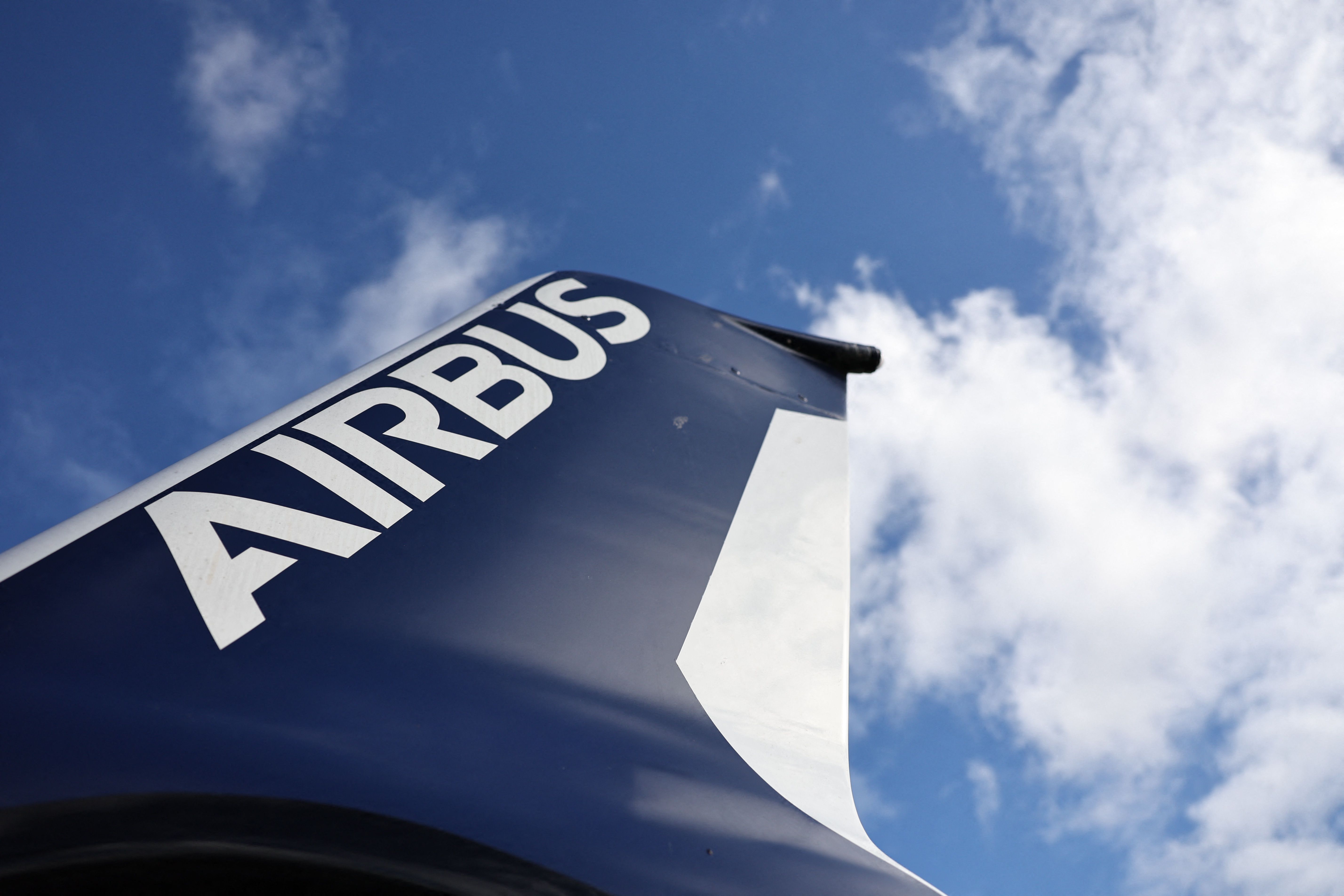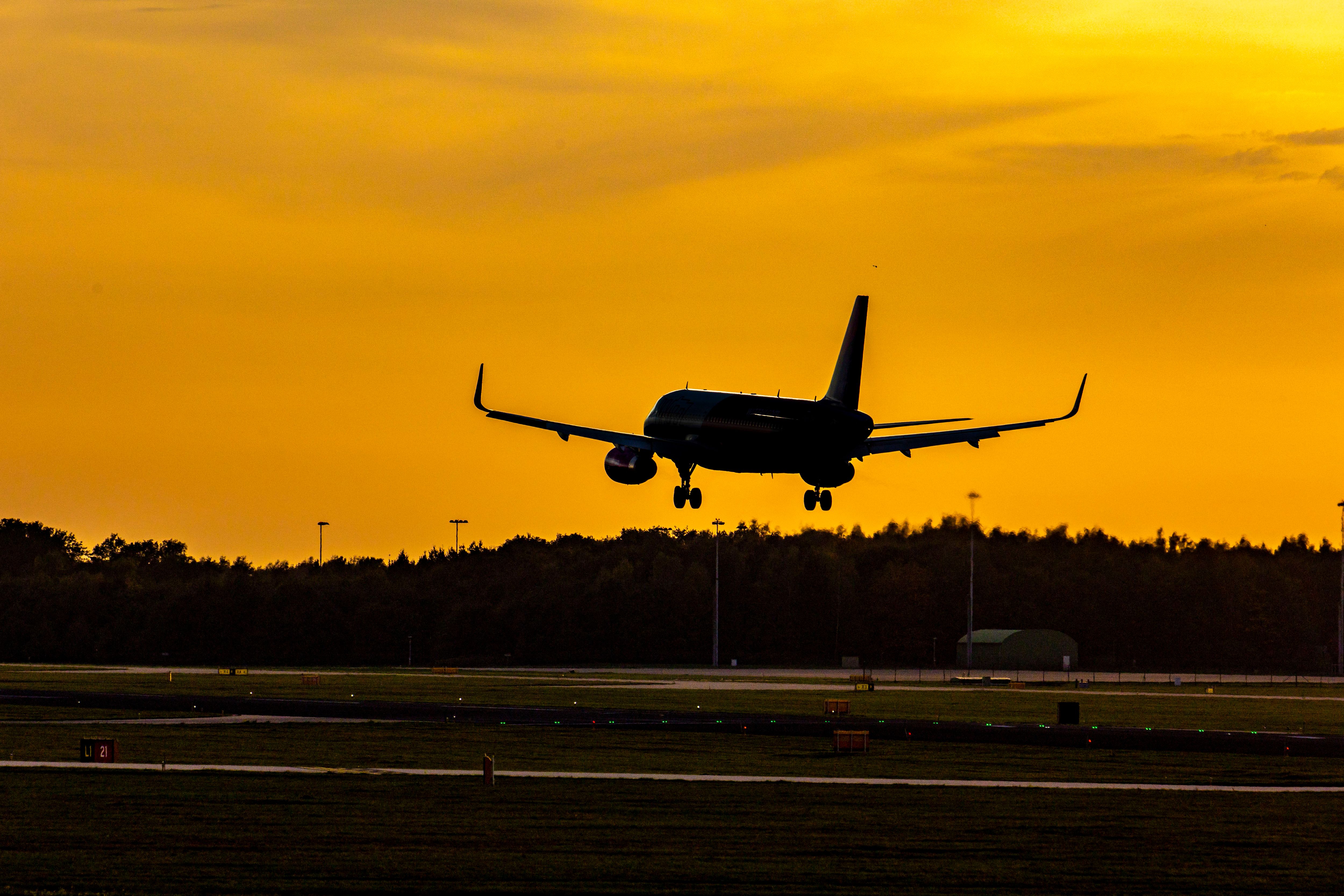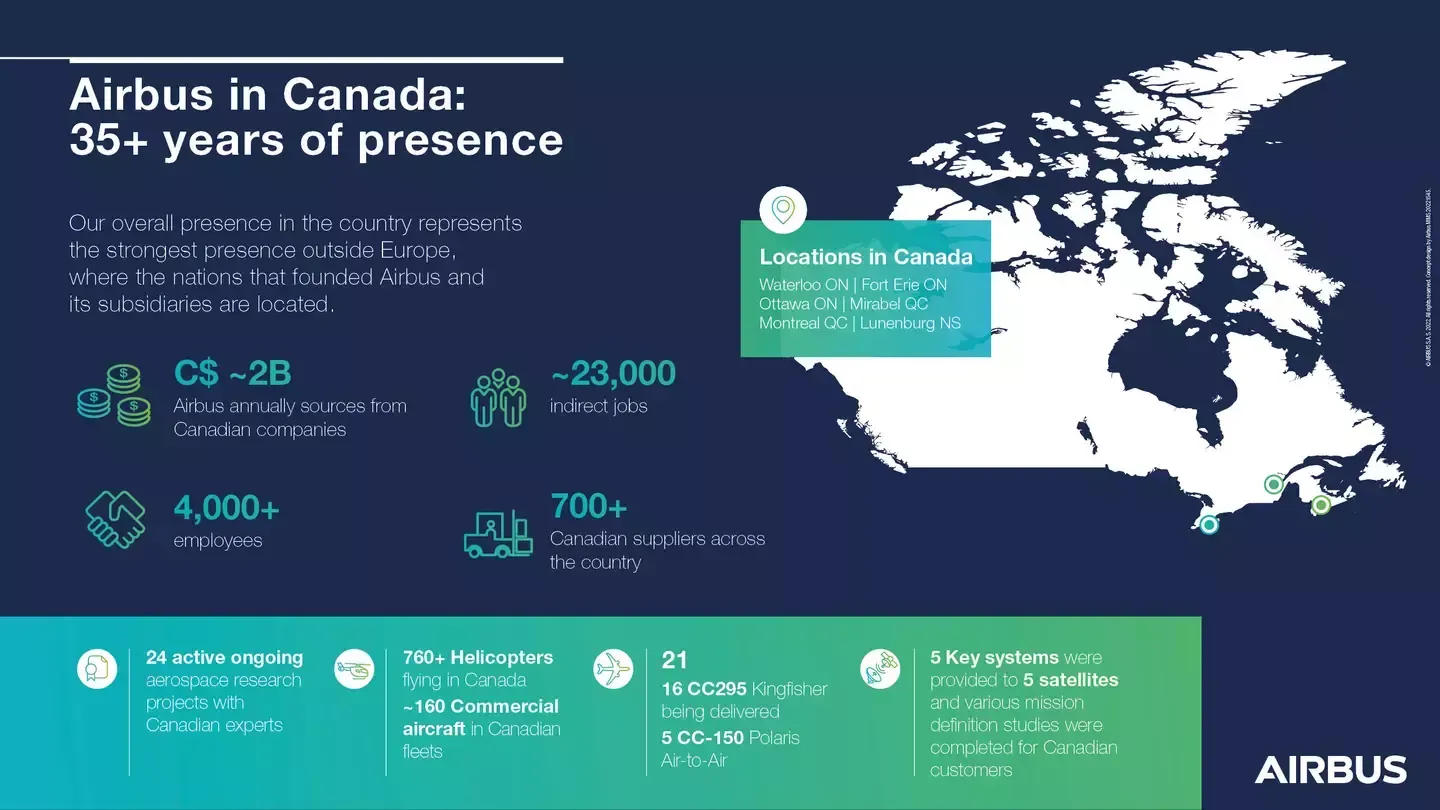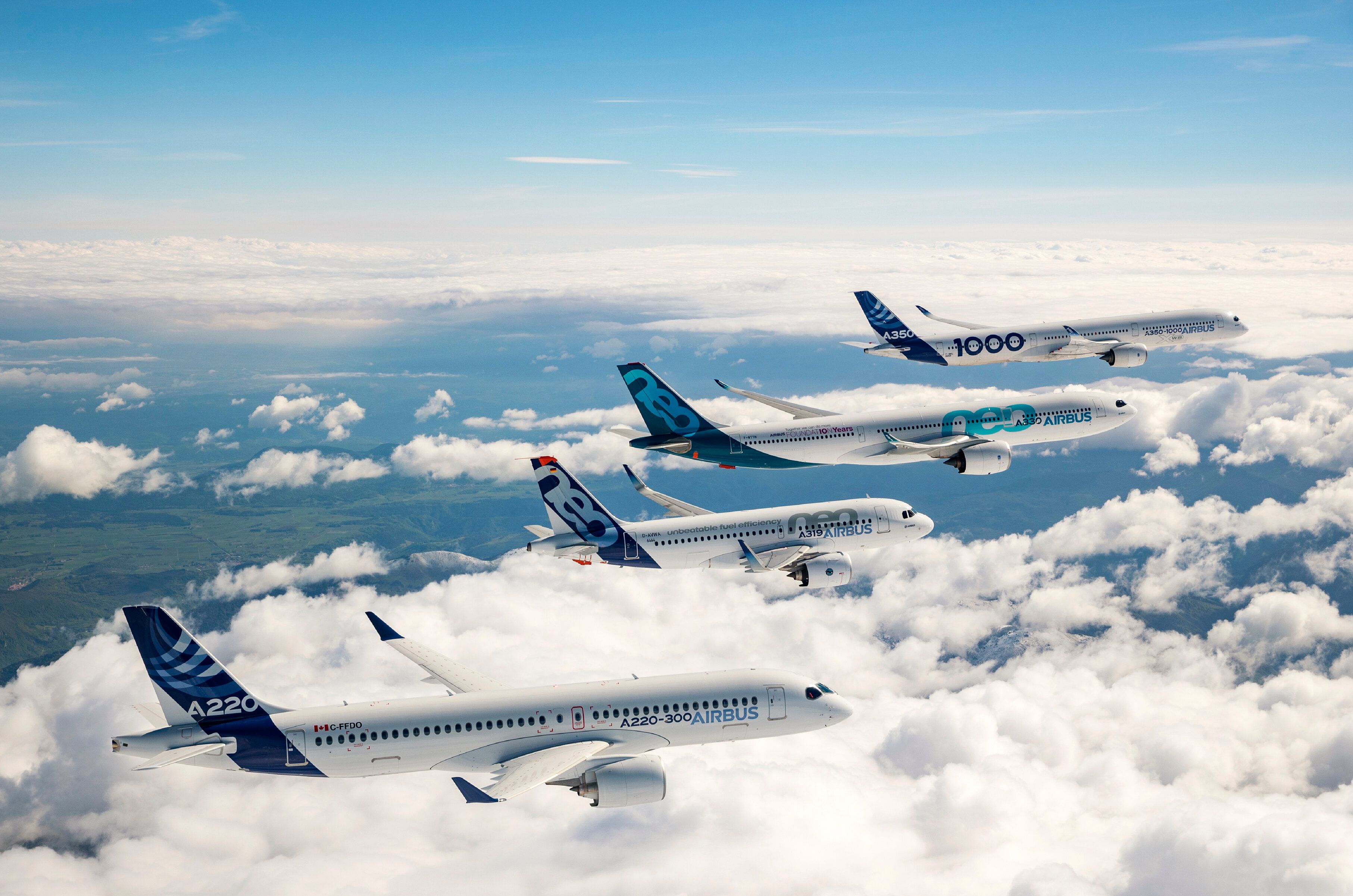It was announced on Tuesday, November 17th, in Toulouse that Airbus has invested in Carbon Engineering Ltd, the developer of the world's largest Direct Air Carbon Capture (DACC) research and development facility. Based at its Innovation Centre in Squamish, British Colombia, the investment will fund part of the organization's carbon engineering direct air capture. CEO of Carbon Engineering, Daniel Friedmann, commented on the investment:
“We are thankful to Airbus for taking action and continuing to lead the way by helping accelerate solutions for the industry and for the climate.”
“Carbon Engineering’s Direct Air Capture technology provides a scalable, affordable solution to decarbonize aviation,”
Carbon Engineering says DACC technology is a process of using fans to pull air over "thin plastic surfaces that have potassium hydroxide solution flowing over them that binds with the CO2 molecules, removing them from the air and trapping them." The CO2 can be stored, allowing the aerospace industry to draw out an equivalent level of emissions. The captured CO2 could also produce sustainable aviation fuel (SAF). The International Energy Agency has advised that across the USA, Canada, and Europe, 18 small research companies are operating their direct air capture facilities, and 11 more are in development.
Read the latest Airbus news here.
The Airbus' investment comes after United Airlines and Virgin Atlantic have also agreed to support Carbon Engineering's research and technology. For Airbus, this is a vital part of the airline manufacturers' global climate strategy and encourages the development of direct air capture technology. Karine Guenan, Vice President of ZeroE Ecosystem at Airbus, also commented on the announcement:
“We are proud to be investing in Carbon Engineering, reaffirming our commitment to the use of direct air carbon capture as a two-fold solution for the decarbonization of the aviation industry”
Large investment in Canada
Airbus has a substantial investment on Canadian soil, spanning over 35 years. The company first developed a helicopter manufacturing facility in 1984 and, more recently, large-scale investment in Bombardier's CS300, renamed the Airbus A220. With locations in Waterloo, Fort Erie, Ottawa (all Ontario), Mirabel, Montreal (Quebec), and Lunenburg (Nova Scotia), the overall presence of the organization supports 23,000 indirect jobs, has 4,000 employees, and spends over CAD 2 billion ($1.5 billion) sourcing from Canadian companies.
Currently, the aerospace company has more than 760 Airbus helicopters flying in the country and over 160 commercial aircraft in operation across Canada, with robust industrial activity in commercial aircraft, rotorcraft, defense, and space sectors.
The A220 program, which Airbus currently holds a 75% interest in, is partnered with the government of Quebec, which maintains the remaining 25%. Most of the program is based in Mirabel (near Montreal), Quebec. The province is the home of Bombardier and the main assembly line, program management, engineering, customer support, and services. It also has a second assembly line servicing US operators based in Mobile, Alabama. The Mirabel site was expanded in 2022, adding a 125,000-square-foot sub-assembly area.
Sources: Airbus, Flightglobal




